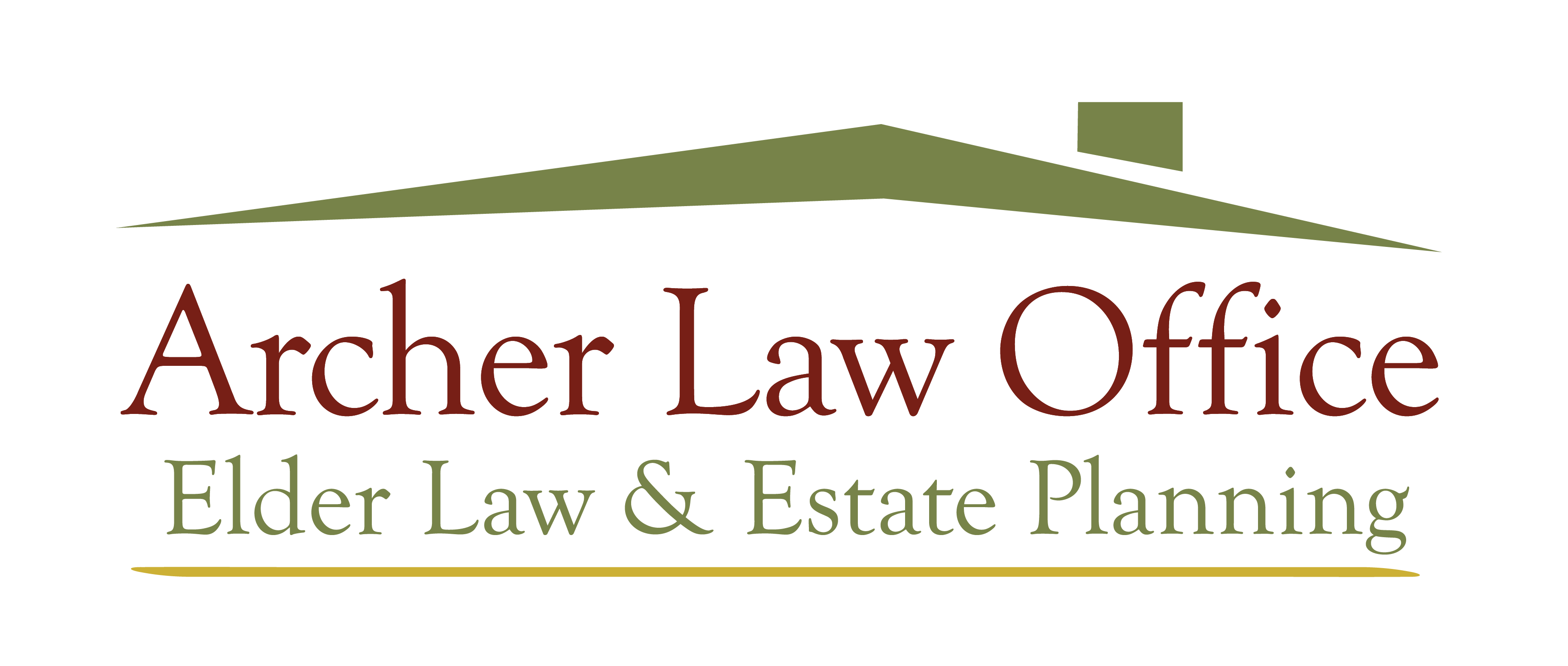A Few Words About Estate Administration in New Jersey and Pennsylvania
When a person dies without a will, a court may appoint someone to administer the estate of the deceased. While the laws regarding the exact responsibilities of an estate administrator vary by state, if we are just talking about Pennsylvania and New Jersey there are a few general responsibilities there are a few main responsibilities one could expect to encounter in both PA and NJ. An administrator almost always has to post a surety bond, and then bring together all of the estate's assets, pay creditors, and distribute anything that is left. To be clear, a lot of this process is actually the same as when there's a Will. The two main differences in an estate administration context are the potential heirs of the intestate estate, and the bond that needs to be posted. Seeing as they're different, let's spend a minute talking about them.
There is a sense that the administrator of an estate does not have the same duty toward a deceased person's estate as someone appointed by that person themselves under a Will. In the absence of that “bond” the State typically requires a bond of its own – a surety bond much the same as one you'd see for a guardianship or even a bail bond. The bonds are not cheap – they can cost in the range of one percent of the total assets of the estate, and that's an annual expense that must continue to get paid until the estate is settled. As an aside, this is for me one of the easiest selling points of Wills and estate planning documents – the cost of the bond alone usually exceeds the cost of the documents.
In addition to the restriction of operating under bond, the administrator has no discretion as to the heirs of the estate. Those heirs are provided by statute, and while often they are the same people the decedent would have given the money to anyway, that is sometimes not the case. I have said over and over that one of the two primary goals of estate planning is the avoidance of unintended consequences, such as litigation and the wrong heirs receiving money. (Tax avoidance is the other big one.) If a decedent wanted to leave money to charity, or skip children or other close relatives in favor of someone else, there is no opportunity to do that in an administration proceeding. It can also have the effect of leaving money to someone who clearly either does not need it or would be harmed by getting it. An elderly person in a nursing home receiving Medical Assistance or Medicaid does not want an inheritance, as it will all be spent on institutional care.
The nice thing is that in Pennsylvania and New Jersey both the probate process is not terribly cumbersome or expensive, and the local government offices are willing to help you and walk you through the process so you do not need to spend extra money on legal fees. I don't mind that, as it makes sense to let people leave money where they want it to go, rather than lining my pocket. The key is to make sure those documents are in place so things end up where they are supposed to, with a minimum of added expense, unintended consequences, and fighting in the family.
Archer Law Office Can Help
For More Information Contact this office (609) 842-9200
